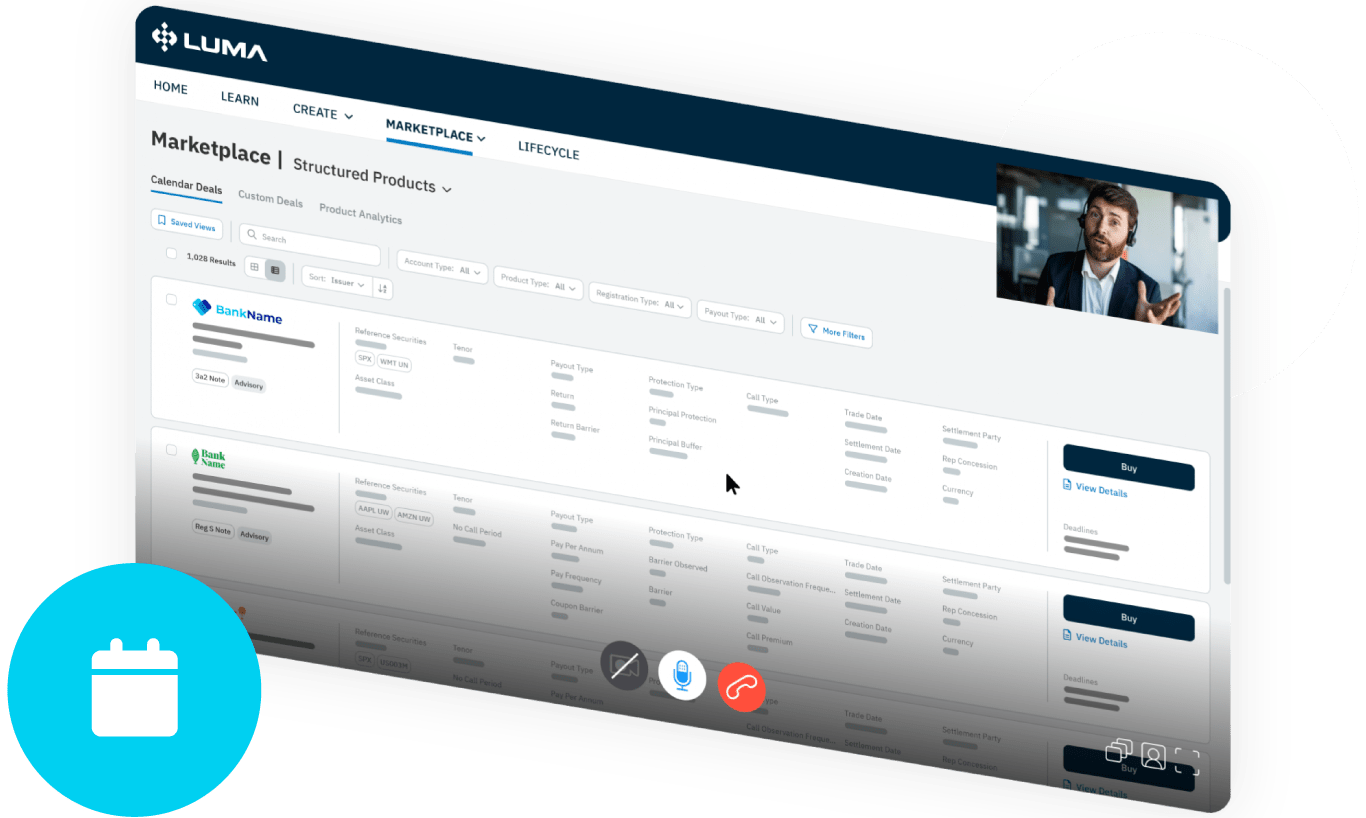Throughout history, technical innovations have simplified tasks that were once inefficient and time-consuming. The breadth and diversity of such innovation is a testament to human imagination and creativity. Who hasn’t marveled at the thought of self-driving cars, appliances that respond to your voice and robots that can fetch things for you? Oh wait, these are all things we can do today! Maybe we aren’t beaming people to other planets or hovering in jetpacks (yet), but many technologies that were once considered science fiction are now a reality. Some have even become essential to our everyday lives. For example, technical innovation has automated our home systems, simplified bill payment and innovated how we travel — providing new options and ease of use that were never thought possible.
Fintech systems have also experienced significant innovation over the last several decades. We often take for granted the most impactful technologies because they have become so ingrained in our current reality — we forget what it was like before. Before electronic quotation systems, stock quotes were printed on ticker tape. Before ATMs, the only way to deposit or withdraw cash was with the assistance of a bank teller. Before online trading, stocks were purchased and sold only through a stockbroker. Fintech solutions revolutionized the industry, which was challenging for financial firms that were slow to respond.
This effect is as true today as it was back then. In today’s time of even more rapid change and innovation, companies that don’t adapt are stuck and unable to properly scale their growth or, even worse, become obsolete. Investment firms are encountering this very challenge right now in the area of structured products. Today, most firms still rely on emails and spreadsheets to customize structured products or run manual performance inquiries for post-sales performance tracking. These processes are inefficient and prone to error because of their heavy reliance on data-entry and physical paper trails. Additionally, they slow down trade desks and create bottlenecks for advisors looking to provide high-quality service to their clients.
Online platforms specializing in the transacting of market-linked investments automate all of this. They also create stronger safeguards for compliance through a fully customizable order-entry system and training certification program. They free up time for product managers to concentrate on financial innovation and allow advisors to more effectively manage these types of investments for their clients.
Today, it’s easy and convenient to check your 401(k) balance, pay back a friend for lunch or place a stock trade from your mobile phone. However, the path to get to this convenience was not easy. Nevertheless, firms that don’t embark on this change run the risk of falling behind the competition. While sticking to what’s familiar is comfortable, the fact is that online platforms are no longer the future of structured products — they are the present.
This information is for distribution to institutional clients and is for broker-dealer use only. It is not intended to be distributed to individual retail clients. Any material provided is for information only and is not intended as a recommendation or an offer or solicitation for the purchase or sale of any security or financial instrument.







